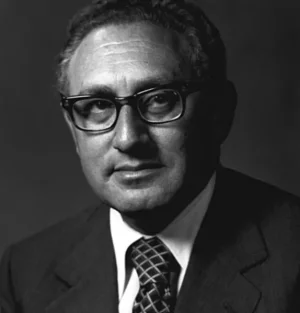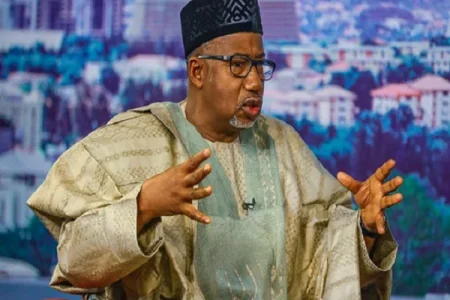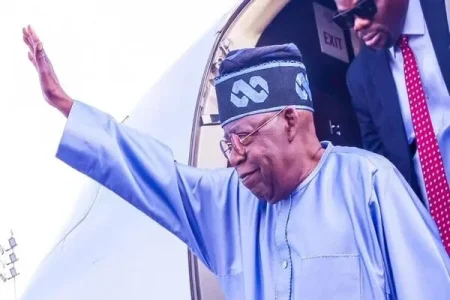
Former US Secretary of State Henry Kissinger, who played a pivotal and polarizing role in US foreign policy during the Cold War, has died at the age of 100.
Henry Kissinger, a key figure in shaping US foreign policy during the Nixon and Ford administrations, passed away at his home in Connecticut, leaving behind a legacy that continues to influence global affairs.
Legacy and Impact
Despite leaving office in the mid-1970s, Kissinger remained a sought-after advisor, consulting with leaders across generations. President George W. Bush led tributes, describing Kissinger as "one of the most dependable and distinctive voices on foreign affairs." Former UK Prime Minister Tony Blair acknowledged him as an artist of diplomacy, driven by a "genuine love of the free world."
President Richard Nixon's daughters, Tricia Nixon Cox and Julie Nixon Eisenhower, characterized Kissinger's life story as "unique and thoroughly American," emphasizing not just his diplomatic achievements but also his character.
Early Life and Career
Born in Germany in 1923, Kissinger arrived in the US in 1938, fleeing the Nazis. Despite his journey to becoming a US citizen in 1943, his native Bavarian accent persisted. He served in the US Army and the Counter Intelligence Corps, followed by an academic path, teaching international relations at Harvard.
Key Moments in Diplomacy
Kissinger's influence peaked when President Nixon appointed him national security adviser in 1969. Serving in dual roles as national security adviser and secretary of state from 1969-77, he played a significant role in ending the Vietnam War, establishing relations with China, and orchestrating a ceasefire in the 1973 Yom Kippur War.
His "shuttle diplomacy" in the Middle East and efforts leading to a peace agreement with Egypt earned him accolades, even from current leaders like Israel's President Isaac Herzog.
Controversies and Criticisms
Despite his diplomatic successes, Kissinger faced criticism for prioritizing the Cold War over human rights and supporting repressive regimes, notably Augusto Pinochet in Chile. Even in death, publications like Rolling Stone and Huffpost highlighted controversies, labeling him a "war criminal."
In response, Kissinger dismissed such critiques as reflections of "ignorance."
Lasting Influence and Continued Activity
After leaving government service in 1977, Kissinger remained a prolific commentator, advising multiple US presidents and maintaining direct dealings with every Chinese leader from Mao Zedong to Xi Jinping. His longevity was marked not only by his continued influence but also by a surprise visit to Beijing at the age of 100.
His recent visit to China, despite tensions between the US and China, sparked discussion, with the White House expressing concern over private citizens' access to foreign leaders.
Legacy and Family
Henry Kissinger's legacy extends beyond politics. He authored 21 books, served on corporate boards, and participated in foreign policy and security forums. Survived by his wife of nearly 50 years, Nancy Maginnes Kissinger, and two children, Elizabeth and David, Kissinger leaves a lasting imprint on the world stage.
As the world mourns the passing of a diplomatic giant, the debate over his impact and methods continues, underscoring the complex legacy of a man who shaped the course of international relations for decades.




